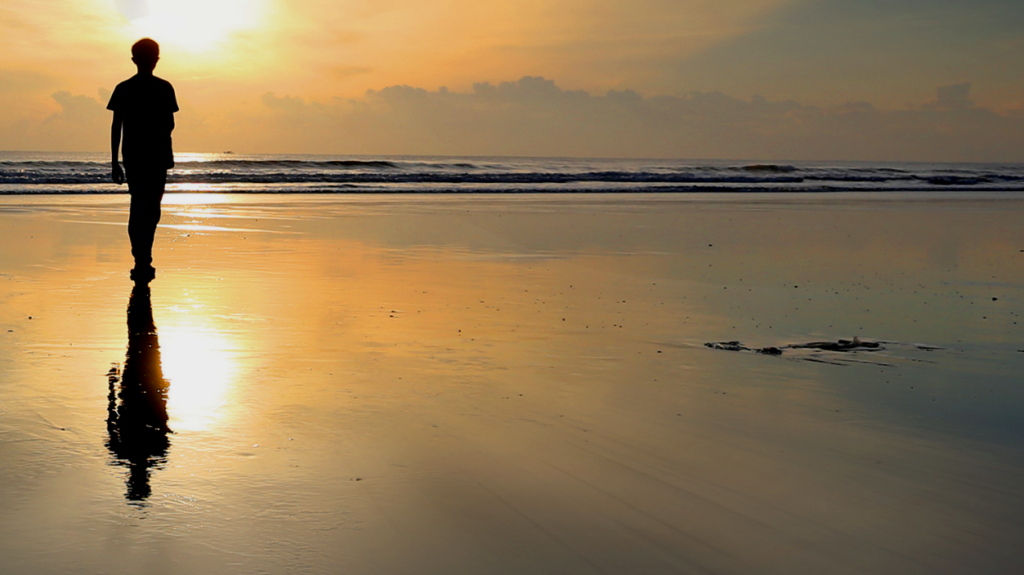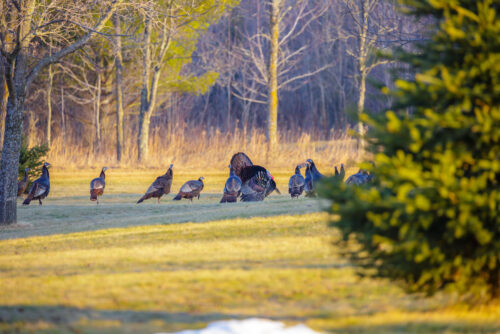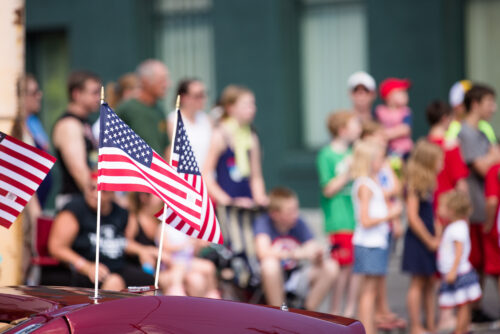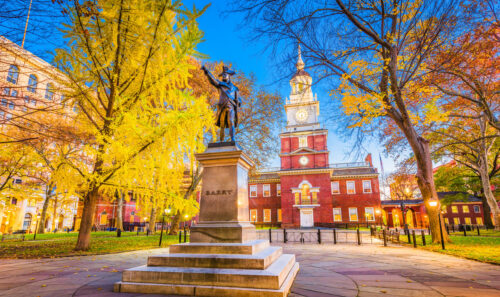Neal Freeman’s recent “Walk With Me” shares with readers Freeman’s walk towards faith—it’s ups and down and pitfalls and opportunities.
In Walk With Me, Neal B. Freeman sets expectations from the beginning. There was only one true “Road to Damascus” moment and precious few repeat performances. The reader is thus cautioned to remember that most faith journeys are, to put it charitably, uneven.
Freeman’s halting but heartfelt take on his own journey is full of clever and enlightening turns. Our pilgrim traces his own patrilineage back to the Pilgrims, to William Brewster, specifically, an elder of the small band of English Christians who arrived on the Mayflower in 1620. After noting that his maternal ancestry traces back to John Winthrop (yes, that John Winthrop) Freeman avers that he is, “roughly speaking, the WASPiest man in America.”
Almost. The reader soon finds that while Freeman ably embodies the W–A–S, the P remained elusive. Such hearty Christian heritage does not, it turns out, guarantee Christian Faith.
Overwhelmed by an outpouring of well-intentioned guidance from friends to whom he’d announced his intention to seek faith in earnest, Freeman turns instead to “the last fully satisfying religious experience,” his wedding to the woman in whom he finds his greatest exemplar of religious authenticity.
That Miss Jane was Catholic was obviously a source of major scandal both to his proud Protestant family and his agnostic conscience. He appears satisfied with the choice, however, with comical qualifications:
I now confess that I traded away the religious freedom of my own children. My only defense is that it seemed like a good deal at the time. Miss Jane was present and gloriously nubile, while the children were absent and wholly theoretical. Time would tell a different story, of course, as Miss Jane began to bear Catholic children with impressive regularity.
Here and throughout, Freeman’s prose is at turns both unhurried and economical, heartfelt and journalistic, playful and profound. But while his love and admiration for Miss Jane are clear, he can’t (yet, he later qualifies) join her faith. Indeed, he somewhat caustically recounts a recent attempt to do so via a rare trip to Mass at her Catholic church, only to find confirmation of his distaste for the Church of Rome. The deciding factor, among several, is its handling of the abuse scandal, including a prominent and influential Catholic friend’s reluctance to call out “the mediating structure” of the Church.
So, Freeman reasons, he “must be some kind of Protestant.” He nods to the great Christian men of letters, confessing his admiration but not his shared conviction, at least as a result of their efforts. C.S. Lewis gets more consideration in Walk With Me than Belloc and Chesterton but the reader senses that the latter left a stronger impact on Freeman in terms of style, if not orthodoxy.
Regarding Lewis, Freeman recounts the efforts of Chuck Colson, the Nixon-era political pugilist turned Christian convert and founder of multiple ministries, to encourage his conversion via an introduction to Lewis’s Mere Christianity. Still, Freeman remained unmoved, for Lewis’s works “did nothing for me beyond the provision of pleasant diversion. Lewis writes gracefully, and powerfully, but in my own underdeveloped condition, I need more than allegorical suggestion. I need instruction.”
Freeman is, as they say, a tough sale. But his toughness is one many will identify with, related as it is with the keen detachment of a veteran journalist and writer who can find the humor and crux among the countless options lived out by obviously imperfect believers.
So, if one considered by many the greatest apologist of the twentieth century couldn’t move Freeman, who could? Two unlikely characters enter Freeman’s Camino: Christopher Hitchens and George Carlin, unbelieving truth-tellers whose wit illuminated the hypocrisies of religious believers, if not the true claims of the faiths they attacked with such cutting contempt.
As with many who recount their dealings with Hitchens, Freeman’s account beams with affection, consternation, and the pride of one who battled with the best. Our guide ran into Hitchens often as a producer of a political talk show and, later, in social circles where debate was the sport. He admits, as most do, that he never got the best of the famously acidic atheist. Noting Hitchens’s prodigious alcohol intake and other famous quirks, Freeman’s admiration does not lead to abandonment of the search.
Freeman also treats the late, great Carlin generously, including highlights of the late comedian’s schtick on God: “The Invisible Man [who] ‘loves you . . . and he needs money. He always needs money. He’s all powerful but he can’t handle money’”. The point is well made: Christians need to be humble enough to laugh at themselves and know when they’ve lost a point.
After all of this, the reader is unsurprised when Freeman admits that his bible is in pristine condition en route to revealing his strong preference for Matthew among the Evangelists of the New Testament. In “the much-underrated Matthew” he finds the kindred soul of a journalist more prone than his peers to offer a “just the facts, Jack” account of the life of Jesus.
So, as Freeman asks near his conclusion, “where does this leave us now?” I’ll let you find out for yourself, as walking with Freeman is its own pleasure, and he is the last one to try to force on his reader an answer to the ultimate question.
Freeman’s take on Christian faith is lyrical, a journalist’s stroll through or alongside a phenomenon he doesn’t yet understand, but wants to. The constitutionally skeptical Freeman is honest about his indifference to theology. Thus where Chesterton and the other great men of letters moved beyond Lewis’s “great hall” of mere Christianity and picked a door—as Lewis says one must—Freeman, like Lewis, sees his role as bringing fellow skeptics into the hall. One must always choose the door for himself.
Freeman’s walk matters, because in a time and place in which radical individualism has given rise to rapidly multiplying “identities” designed to attack everything used to unite America, a book that offers a unique and compelling case for what can unite us is both timely and welcome.
Coming in at a mere 65 pages and just $20, the reader is—fittingly, given Freeman’s take on Christianity—not asked to make a huge commitment. But sometimes even a modest commitment is well worth making. This is one of those.
You can purchase Walk With Me from AmP Publisher’s Group or on Amazon.






